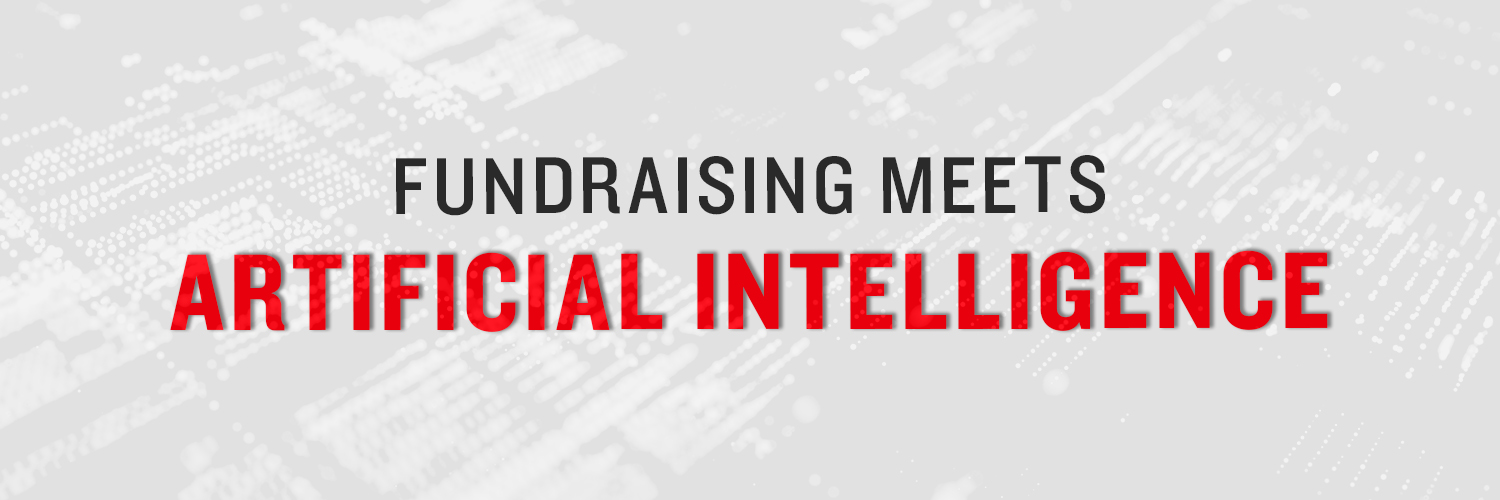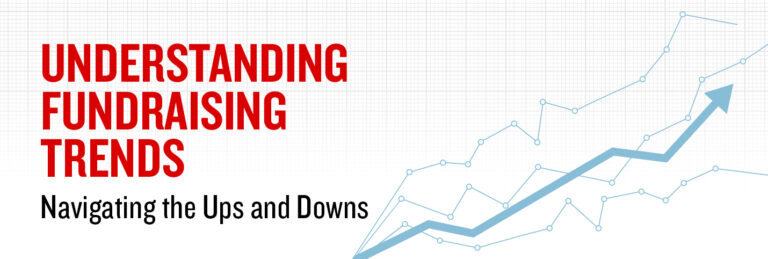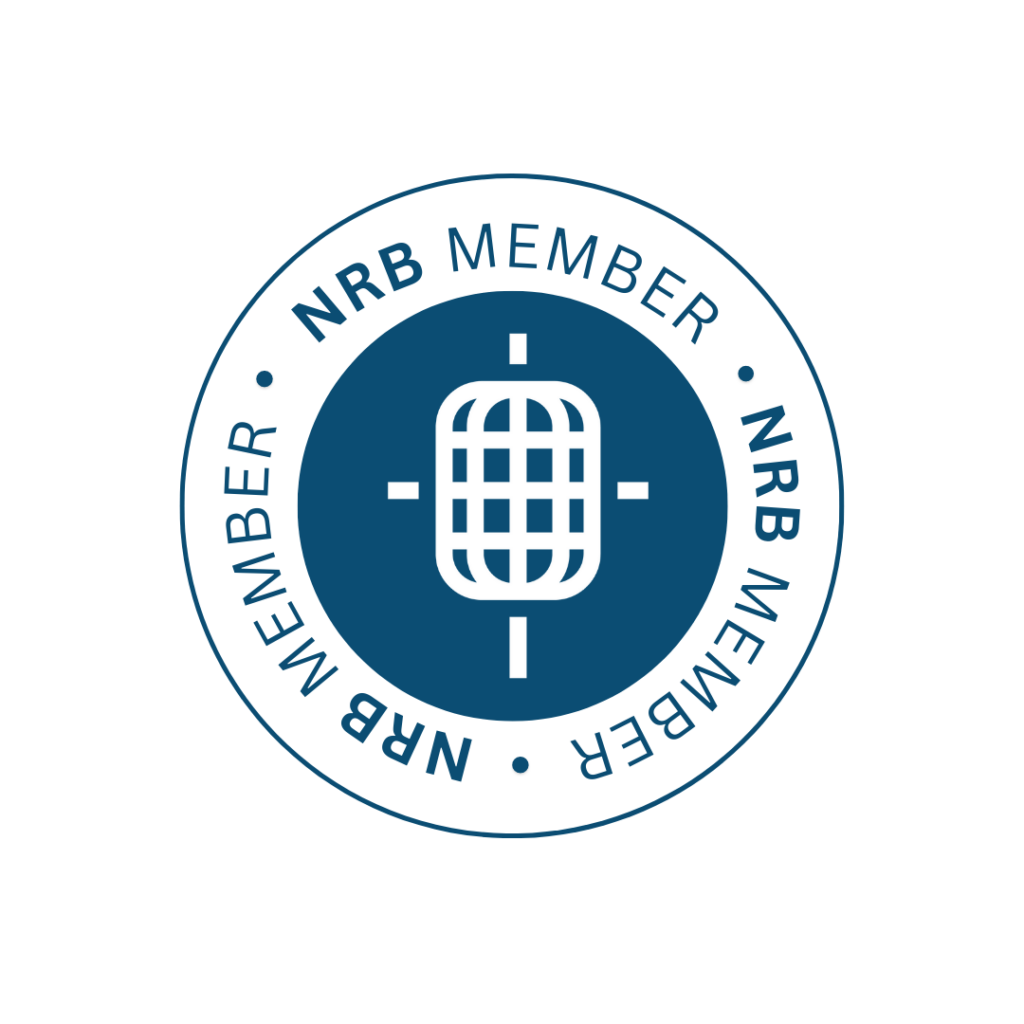Fundraising Meets Artificial Intelligence
Mark Mangin | Senior Vice President of Data & Analytics
Jim Lungu, Ph.D. | Data Scientist
INTRODUCTION*
We are living in the future of fundraising, where artificial intelligence (AI) revolutionizes the way we connect with and support our favorite causes. It’s exciting—an army of smart algorithms working tirelessly behind the scenes, analyzing data, identifying potential donors, and crafting the perfect fundraising offer. Of course, all with a touch of human wit and charm.
In this article, we’ll explore the captivating realm of AI-powered fundraising efforts—the boundless benefits and intriguing challenges that arise when technology and philanthropy join forces . . . when fundraising meets artificial intelligence. Even the words you’re reading right now were born from the virtual mind of an AI language model. Don’t worry, we promise not to use any complicated jargon. After all, who needs a robotic lecture when we can have a witty conversation?
*Text generated by ChatGPT
There are many benefits for fundraisers in the world of AI. But diving in requires careful planning, ethical considerations, ongoing evaluation—and above all, a focus on maintaining meaningful and authentic donor relationships.
BENEFITS OF AI-POWERED FUNDRAISING STRATEGIES:**
ENHANCED EFFICIENCY: AI can help you simplify the workload by automating various tasks—like donor research, personalized donor communication, data analysis, and administrative processes. These automations save time and resources, doing the heavy lifting so you can focus on building relationships and executing new and exciting strategic initiatives.
IMPROVED PERSONALIZATION: AI enables you to deliver highly personalized experiences for donors. By analyzing donor data and behavior for you, AI algorithms can generate tailored messages, appeals, and recommendations. This is important because personalization enhances donor engagement, strengthens relationships, and increases the likelihood of donors giving—and giving more.
DATA-DRIVEN DECISION MAKING: AI-powered analytics provide valuable insights into donor behavior, preferences, and campaign performance. You can use this information to make data-driven decisions, optimize fundraising strategies, and allocate resources effectively for greater results.
INCREASED DONOR ENGAGEMENT: AI can facilitate real-time interactions and personalized communications with your donors through automated chatbots or virtual assistants. This resource helps increase donor engagement and satisfaction by providing immediate support and answering questions, even when your team is offline.
IMPROVED FUNDRAISING CAMPAIGNS: AI algorithms can analyze past campaign data to identify trends, optimize messaging, and predict the success of different approaches. This allows you to create more effective campaigns, increase fundraising outcomes, and maximize donor participation.
CHALLENGES OF AI-POWERED FUNDRAISING STRATEGIES:**
DATA PRIVACY AND ETHICS: Implementing AI requires handling and analyzing large amounts of donor data. It’s critical to prioritize data privacy, security, and ethical considerations to protect your donors’ information and ensure compliance with relevant regulations.
SKILL AND RESOURCE REQUIREMENTS: Implementing AI-powered strategies often requires specialized skills and expertise. Investing in training staff or hiring professionals with AI knowledge can be extremely beneficial for growth and stability. But the cost of implementing AI technologies and maintaining infrastructure can be a challenge for organizations with limited resources.
ALGORITHM BIAS AND FAIRNESS: AI algorithms are only as good as the data they are trained on. If the data used to train AI systems contains biases or lacks diversity, it can lead to biased outcomes and reinforce existing inequalities. It’s important to be cautious in ensuring fairness, transparency, and inclusivity in AI systems.
INITIAL IMPLEMENTATION AND INTEGRATION: Adopting AI-powered fundraising strategies may require significant changes to existing systems and processes. Integration with existing technology infrastructure, data management systems, and CRM platforms can be complex and time-consuming—especially for those with limited knowledge.
ADDITIONAL CONSIDERATIONS
HUMAN CONNECTION AND AUTHENTICITY: While AI can enhance efficiency and personalization, it cannot replace human connection. Finding a balance between using AI technologies and maintaining authentic and meaningful interactions with donors is essential. It’s crucial to ensure AI-powered strategies complement, rather than replace, human touchpoints—because nothing can replace the impact of human interactions.
POTENTIAL FOR OVERRELIANCE: Overreliance on AI systems without human oversight can lead to missed opportunities or misinterpretation of donor signals. Therefore, you should maintain a balance between automated processes and human judgment to ensure effective decision-making and authentic donor stewardship.
By understanding the potential benefits and challenges, you can make informed decisions about implementing AI-powered fundraising strategies that work for you.
**Text generated by two unique humans and employees of Douglas Shaw & Associates
Related articles
-

More Than Just Work
As a young Christian professional navigating the conundrum of aligning my beliefs into a purposeful career, I’ve been blessed to…
-

What to Think of Artificial Intelligence and Its Impact on Fundraising . . .
In trying to summon an image to represent our theme for this issue of Donor Focus, I found myself drawn…







